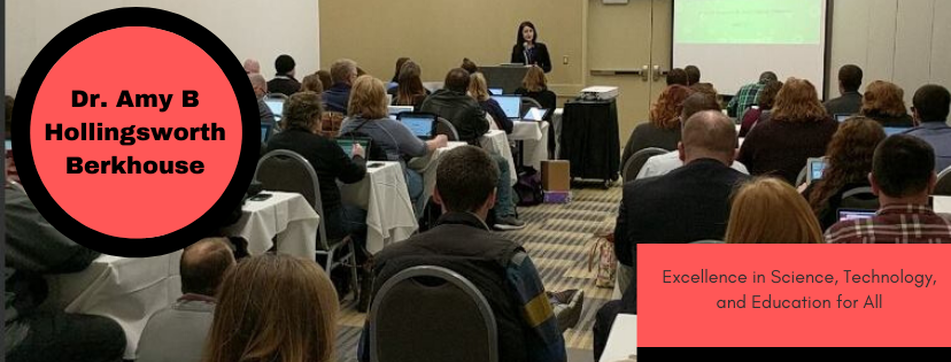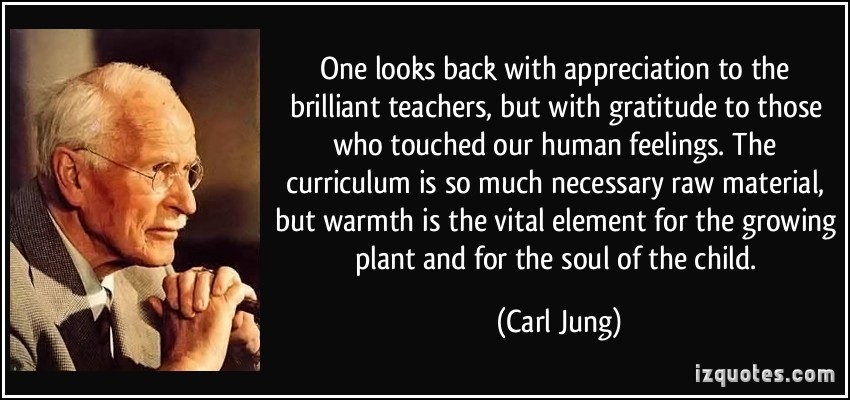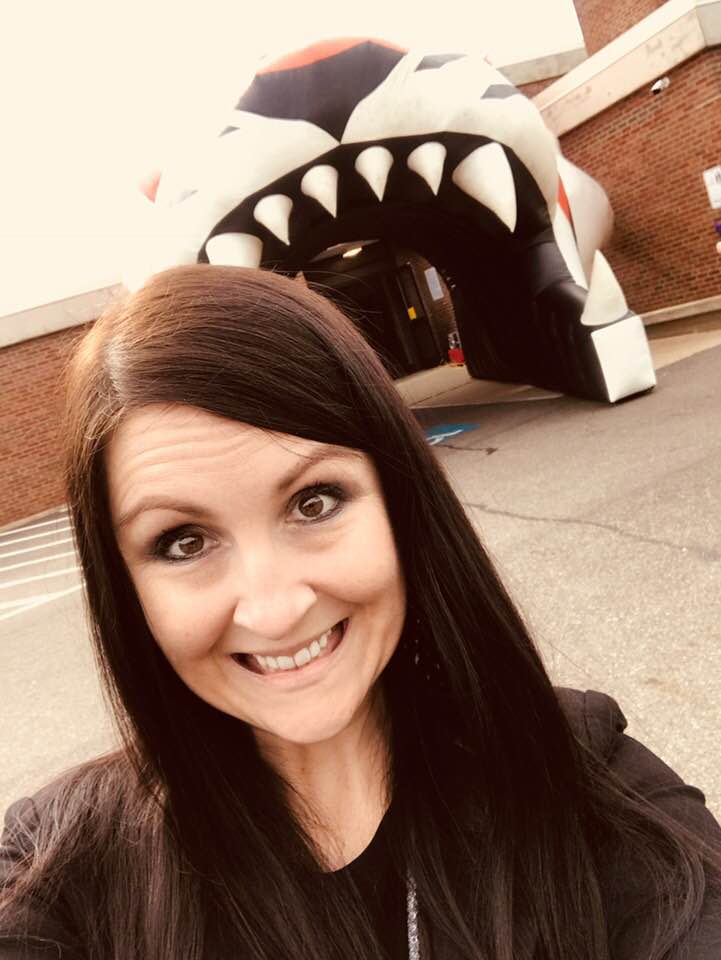What is curriculum? As a concept, curriculum is a set of knowledge to be taught by an instructor to a student. A High School Science Curriculum, which is what I am familiar with, is Physical Science, Biology, and Chemistry. The Biology class I taught encompassed several key concepts – Nature of Science, Organization of Living Systems, Interdependence of Organisms and the Environment, and Evolution. Each of these concepts have tests that go along with them, to measure learning.
From a teacher’s perspective, they can design lessons, create worksheets, do activities, hold discussions, have labs, and eventually test their students to see if they understand the concepts. Curriculum is important to the teacher, as it guides them into what they should focus on in teaching the course. If the teacher knows they have five concepts that their curriculum has to cover, and 16 weeks in which to cover those topics – then they can gauge whether or not they are on track. When a teacher is on the second concept, but it is week 12 – they know they have not spaced themselves properly.
From a management perspective, principal’s can evaluate their teachers to see whether or not they are teaching the entire curriculum, or only the parts they like. I worked with a Biology teacher who was a super teacher, very exciting, was always doing “biology” during class, but she taught plants for almost half of the year! The scope of a Biology curriculum is so great, but she only taught the things she liked. She didn’t want to teach about cells, or DNA – so when it came time for the End of Course Biology test, her students did really poorly. If I, as a principal, were to observe her class on a daily basis, I would have said the kids were engaged, her teaching was entertaining, and there were no classroom management issues. But if she and I were to sit down and analyze her curriculum, and the amount of time she spent on each concept, she was lacking.
Depending on what role you play in the school, therefore, your concept of “curriculum” may differ. Student think, “Biology curriculum is all the boring stuff I have to learn about Biology.” Teachers think, “Biology curriculum is all the boring stuff I have to teach about Biology, along with a few really cool concepts that I really like to teach.” And principal’s think, “Biology curriculum is all the stuff the students are supposed to be learning, and the teachers are supposed to be teaching, that there will be a big test on in May, and if we don’t do well, I’ll be fired.”
I view curriculum as more of an “Instruction Manual.” In order to get an “end product,” (which would be the high school graduate) I have to do each step, use the proper materials, and assemble the product so that it is sturdy and functioning. This is where the “operational definition” of curriculum comes into play. We have a State-wide curriculum guideline for every subject, in every grade. In theory, each grade and each class should build on previous knowledge. The students should be building on their knowledge from day one.
The curriculum for every school should be both vertically and horizontally aligned. This is a place where I saw so much failure in my school. Every Biology teacher was teaching a different thing, at a different time. Every student had different experiences coming into the class, based on what their teachers had chosen to teach them in the past. Some kids had dissected a frog. Some had dissected an earthworm. Some had never dissected before at all! It all depended on whether their previous school had funds, whether their previous teachers had enjoyed teaching science, and whether the students were motivated.
If I were the superintendent of a school district, which is what I am hoping to achieve by taking this PhD program, I would closely evaluate the operating curriculum of my district. I would encourage teachers to both vertically align (meaning – make sure each course built on the previous one, compounding the student’s knowledge) and horizontally align (meaning, all teachers teach the same concepts at the same time, in the same class, throughout the school and district) their classes. I would encourage principals to get to know the classes their teachers are teaching.



 RSS Feed
RSS Feed
